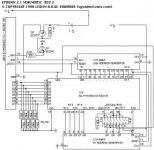Anonymous Coward
Veteran Member
How common of a problem is this exactly?
Have any of you guys personally had any hardware succumb to bit rot?
Should I be dumping all my old ROMS?
Have any of you guys personally had any hardware succumb to bit rot?
Should I be dumping all my old ROMS?

